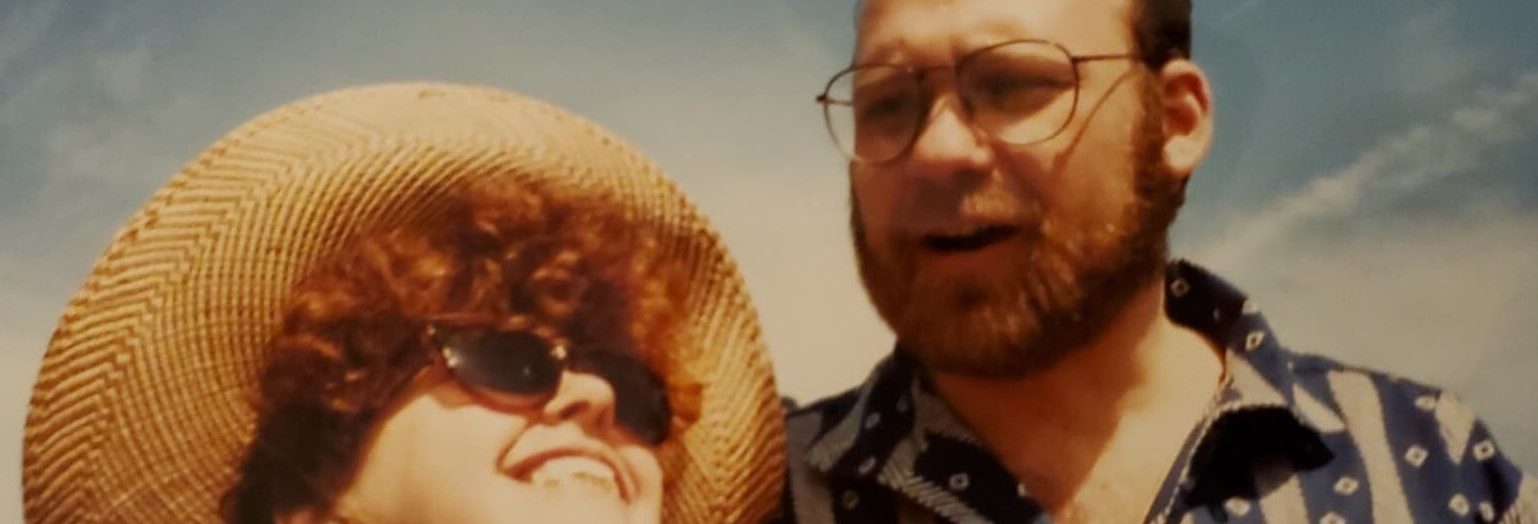…but I have many friends who are conservative. Good friends, good people, people who – like me – want the best for our nation and our children.
My own political leanings are evident to those who know me, but I also hope that it’s clear I have respect for those who may hold different views than mine. I lose respect for either side when lies enter the picture, and I’m partisan enough to say that I’ve seen much more truth-stretching on the Right.
I have conservative friends who are as angry as any fire-breathing Liberal at the direction our country is taking, and are more interested in solving the problem than lying about how we got here.
Below is an interesting article by Wick Allison, editor of D magazine (Dallas), and it gives me hope.
And as you read this article, please consider contacting your congress-person (House AND Senate) and let them know that if our country is going to bail out Wall Street, it cannot be a fast and dirty push.
It’s important to act quickly, but prudently. To be frightened into giving a huge GIFT to Wall Street because of fear is walking into the trap that was so eloquently outlined by FDR:
“… the only thing we have to fear is fear itself – nameless, unreasoning, unjustified terror which paralyzes needed efforts to convert retreat into advance.”
Annie’s wish list for the Wall Street Bail Out
- I’d like to see the strings on the golden parachutes of the Wall Street firms clipped.
- I think it’s high time that the usurious interest rates charged by credit cards to be made illegal.
- I want firmer regulation for banks and financial institutions.
- I want healthcare for the uninsured to be part of the package.
A Conservative for Obama
THE MORE I LISTEN TO AND READ ABOUT “the most liberal member of the U.S. Senate,” the more I like him. Barack Obama strikes a chord with me like no political figure since Ronald Reagan. To explain why, I need to explain why I am a conservative and what it means to me.
In 1964, at the age of 16, I organized the Dallas County Youth for Goldwater. My senior thesis at the University of Texas was on the conservative intellectual revival in America. Twenty years later, I was invited by William F. Buckley Jr. to join the board of National Review. I later became its publisher.
Conservatism to me is less a political philosophy than a stance, a recognition of the fallibility of man and of man’s institutions. Conservatives respect the past not for its antiquity but because it represents, as G.K. Chesterton said, the democracy of the dead; it gives the benefit of the doubt to customs and laws tried and tested in the crucible of time. Conservatives are skeptical of abstract theories and utopian schemes, doubtful that government is wiser than its citizens, and always ready to test any political program against actual results.
Liberalism always seemed to me to be a system of “oughts.” We ought to do this or that because it’s the right thing to do, regardless of whether it works or not. It is a doctrine based on intentions, not results, on feeling good rather than doing good.
But today it is so-called conservatives who are cemented to political programs when they clearly don’t work. The Bush tax cuts—a solution for which there was no real problem and which he refused to end even when the nation went to war—led to huge deficit spending and a $3 trillion growth in the federal debt. Facing this, John McCain pumps his “conservative” credentials by proposing even bigger tax cuts. Meanwhile, a movement that once fought for limited government has presided over the greatest growth of government in our history. That is not conservatism; it is profligacy using conservatism as a mask.
Today it is conservatives, not liberals, who talk with alarming bellicosity about making the world “safe for democracy.” It is John McCain who says America’s job is to “defeat evil,” a theological expansion of the nation’s mission that would make George Washington cough out his wooden teeth.
This kind of conservatism, which is not conservative at all, has produced financial mismanagement, the waste of human lives, the loss of moral authority, and the wreckage of our economy that McCain now threatens to make worse.
Barack Obama is not my ideal candidate for president. (In fact, I made the maximum donation to John McCain during the primaries, when there was still hope he might come to his senses.) But I now see that Obama is almost the ideal candidate for this moment in American history. I disagree with him on many issues. But those don’t matter as much as what Obama offers, which is a deeply conservative view of the world. Nobody can read Obama’s books (which, it is worth noting, he wrote himself) or listen to him speak without realizing that this is a thoughtful, pragmatic, and prudent man. It gives me comfort just to think that after eight years of George W. Bush we will have a president who has actually read the Federalist Papers.
Most important, Obama will be a realist. I doubt he will taunt Russia, as McCain has, at the very moment when our national interest requires it as an ally. The crucial distinction in my mind is that, unlike John McCain, I am convinced he will not impulsively take us into another war unless American national interests are directly threatened.
“Every great cause,” Eric Hoffer wrote, “begins as a movement, becomes a business, and eventually degenerates into a racket.” As a cause, conservatism may be dead. But as a stance, as a way of making judgments in a complex and difficult world, I believe it is very much alive in the instincts and predispositions of a liberal named Bar
ack Obama.Write to [email protected].


